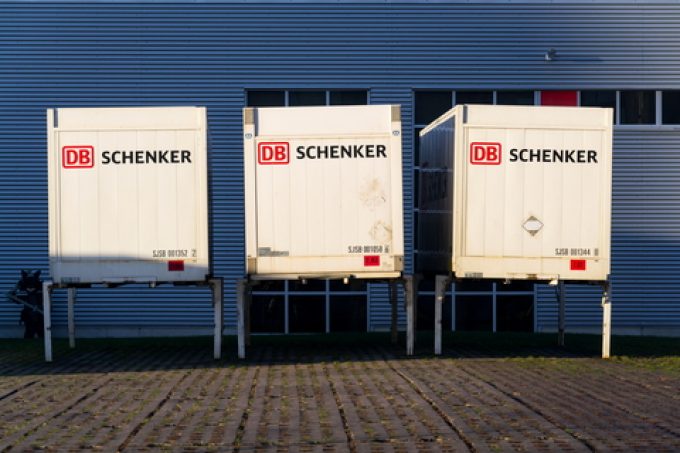Shipping lines are sub-letting tonnage to profit from firm charter market
Charter rates continue to defy the freight market, with HMM sub-letting a chartered vessel to ...

Following its last three major acquisitions – UTi, Panalpina and Agility – DSV dismissed around 45% of the new employees as the businesses were integrated – a strategy which could stymie its potential acquisition of Deutsche Bahn-owned DB Schenker, according to analysis by Bernstein.
“DSV is ...
CMA CGM South Korean staff strike over bonuses after bumper 2024 profit
'Another painful headache for shippers' as Asia-N Europe rate rally ends
Amazon Air Cargo partners-up for new transpacific route into the US
MSC switches two more Asia-Europe port calls from congested Antwerp
Ports and supply chain operators weigh in on funding for CPB
Nightmare for Bangladeshi exporters as congestion and tariffs bite
Carriers introduce surcharges as congestion builds at African ports
CMA airline returns two freighters, while ANA takeover of NCA looms

Comment on this article